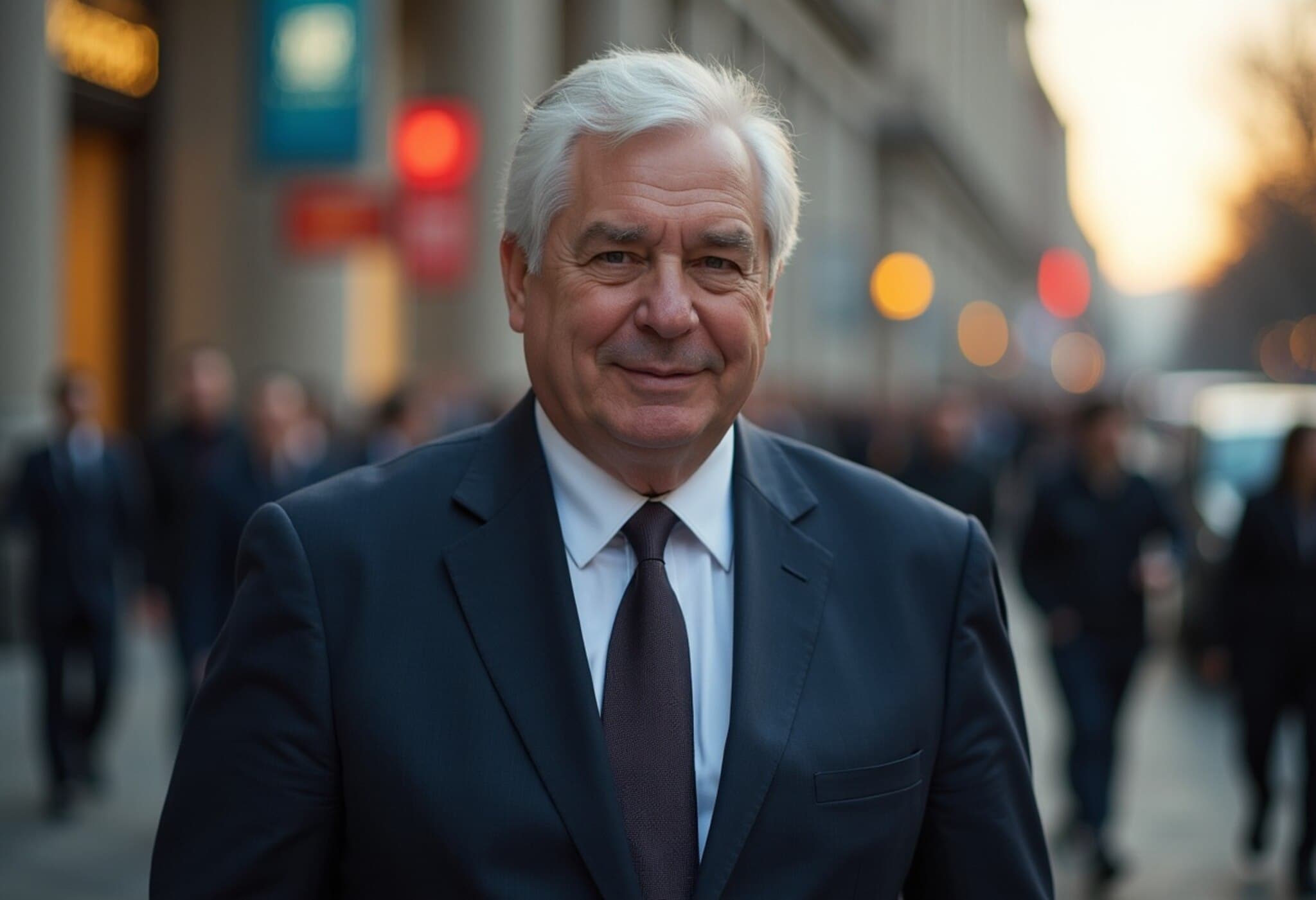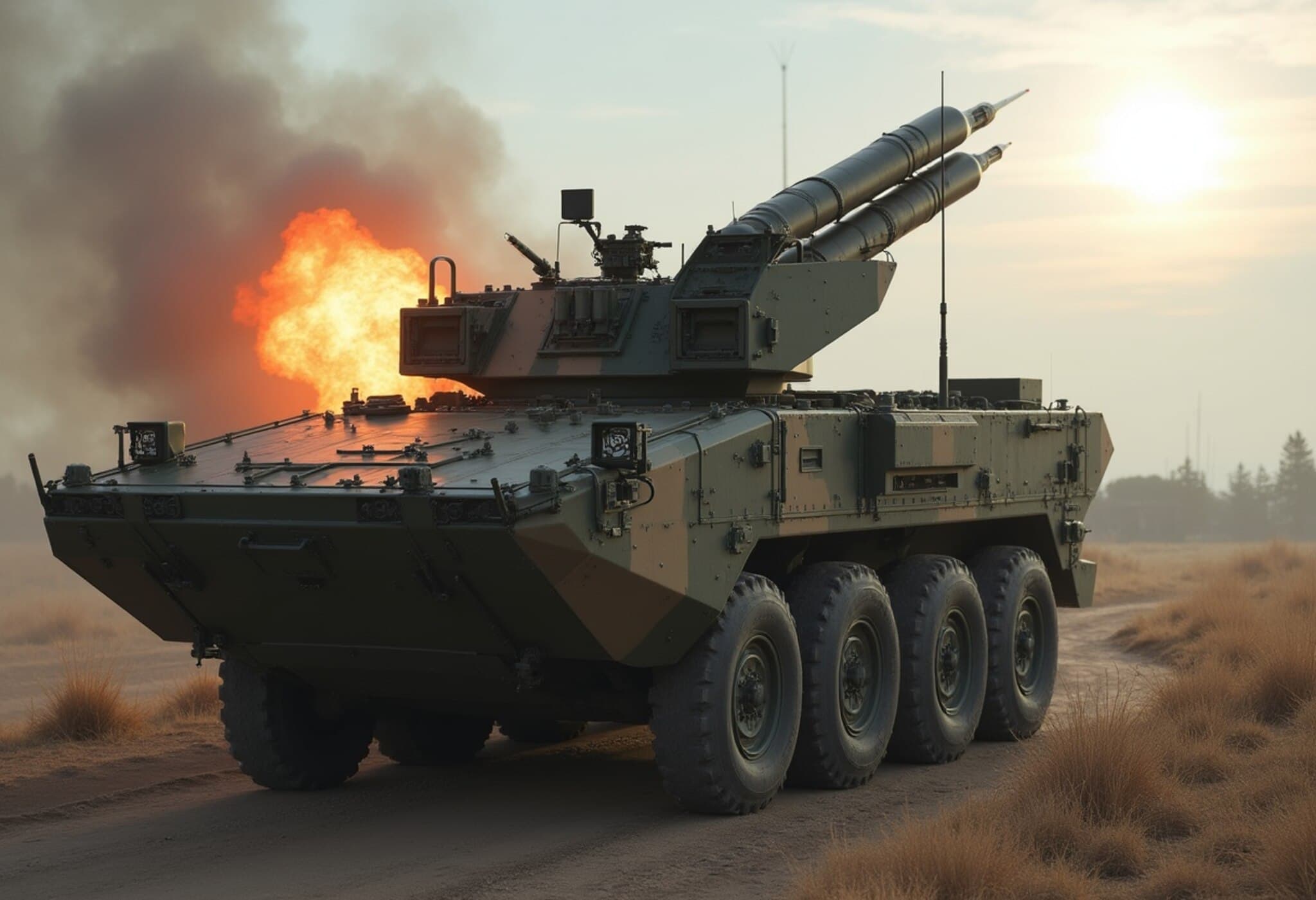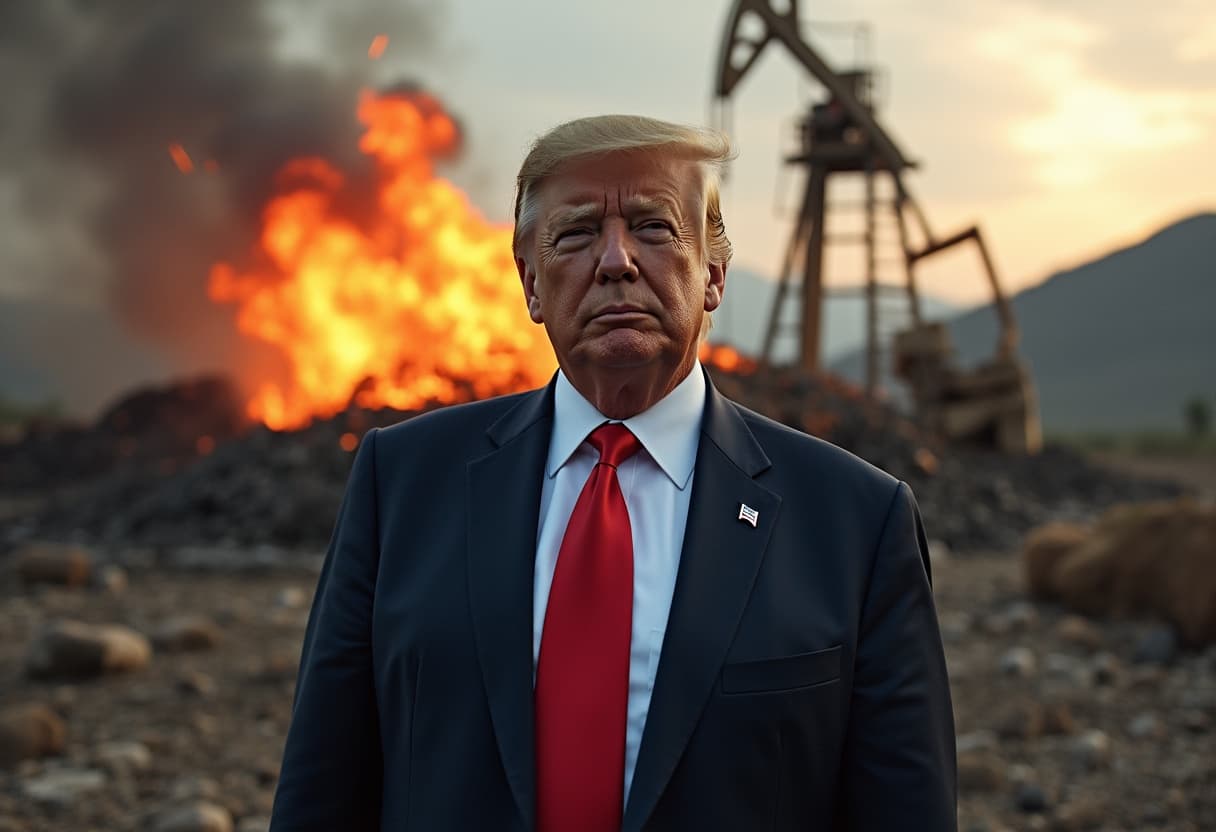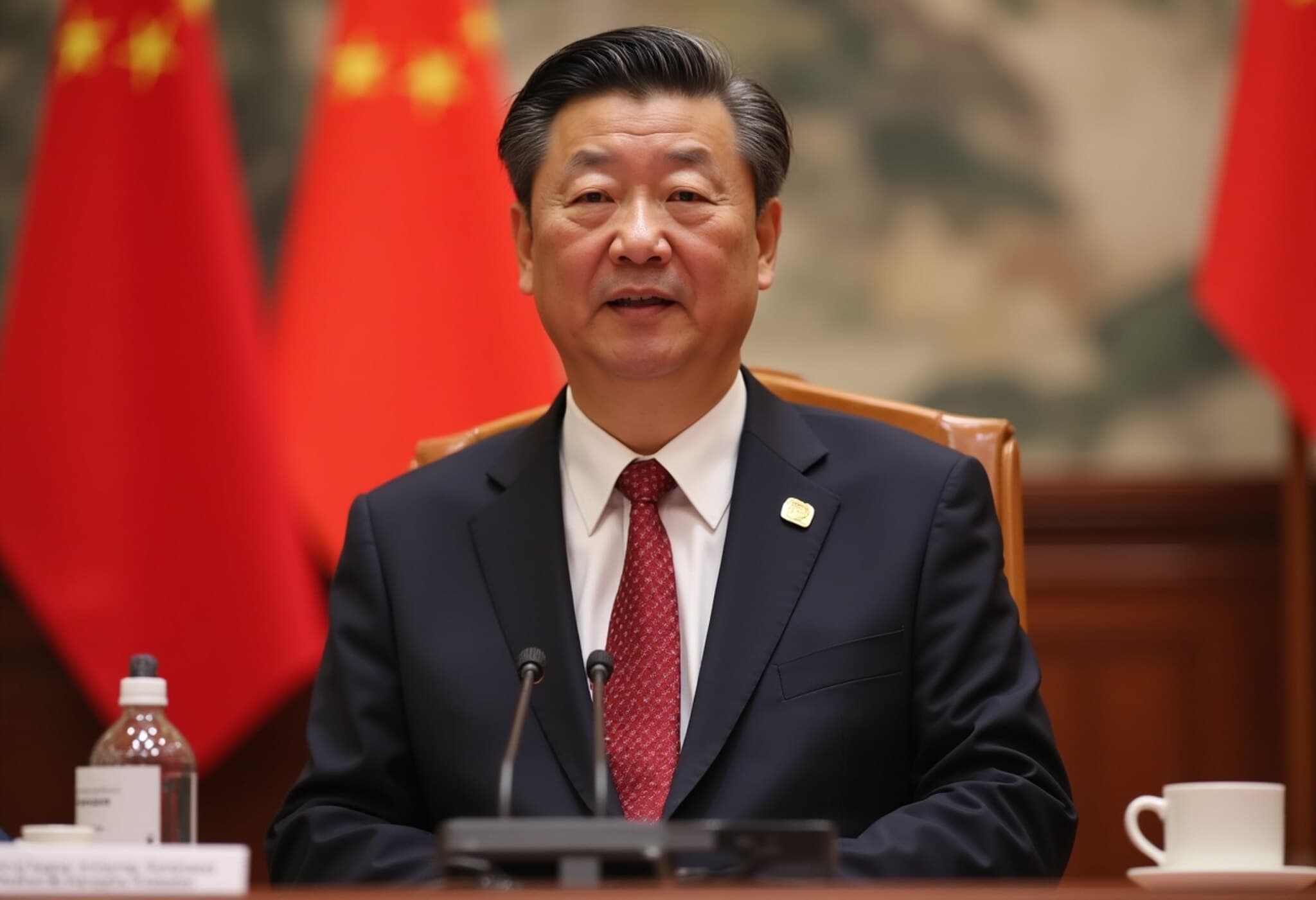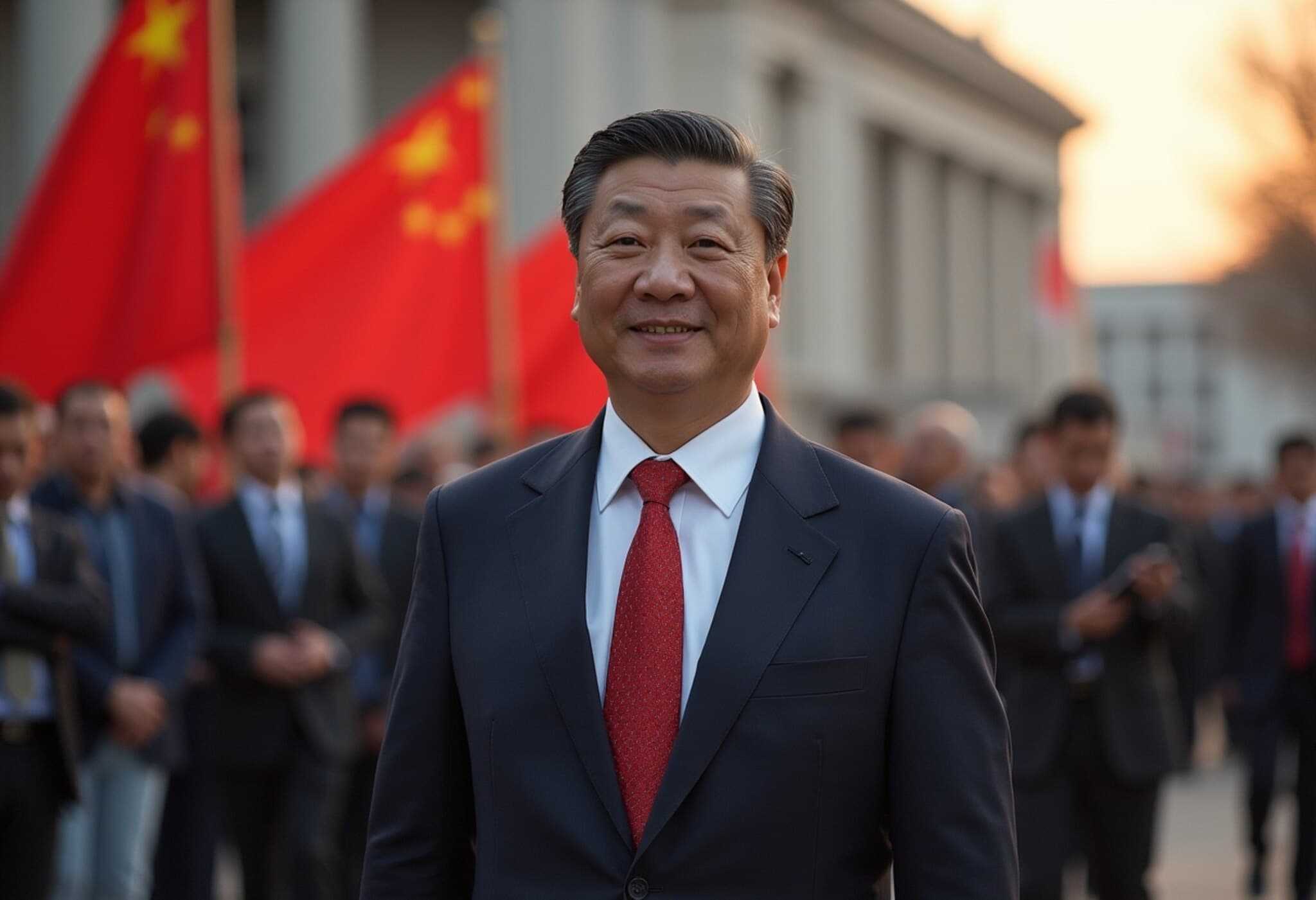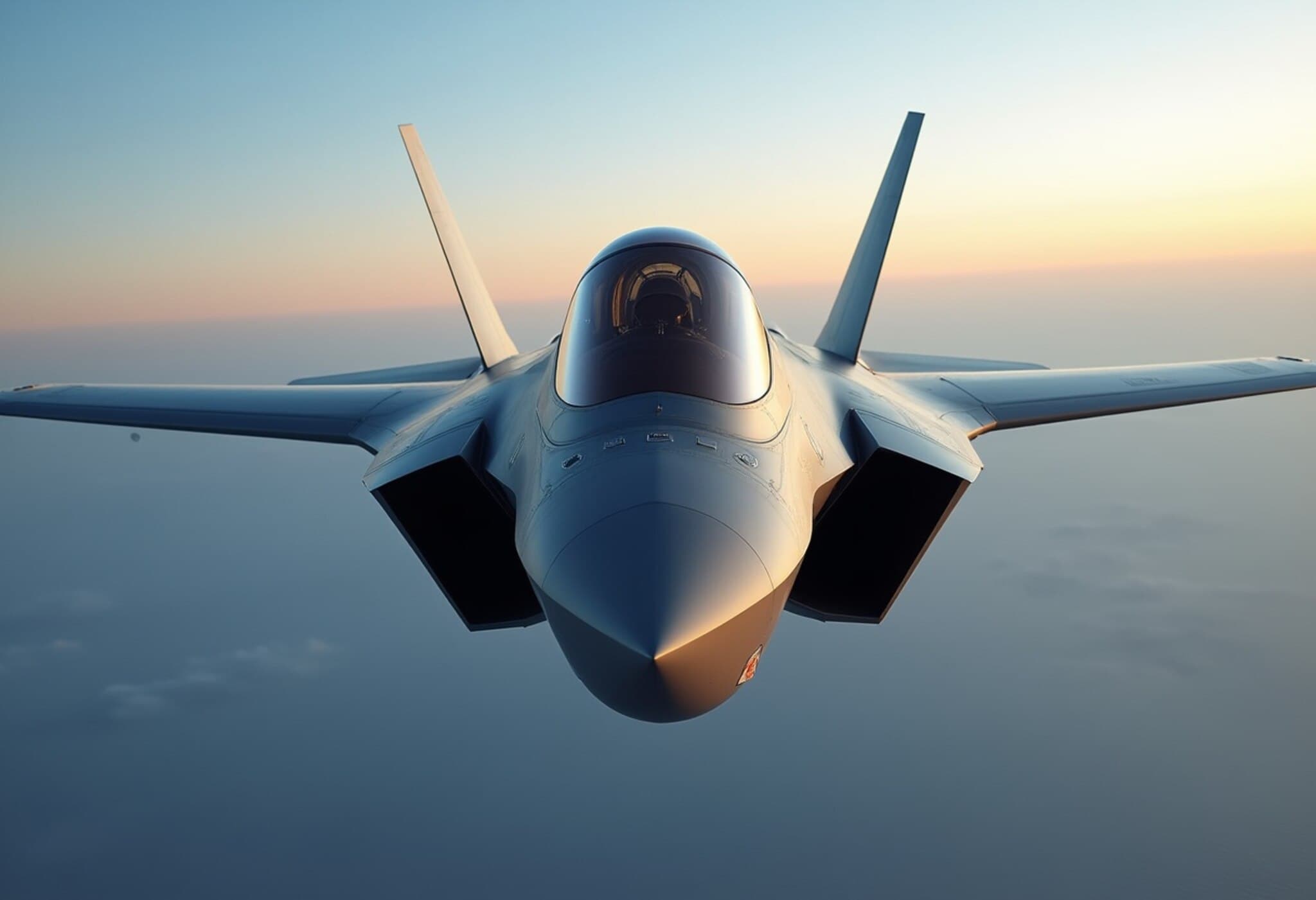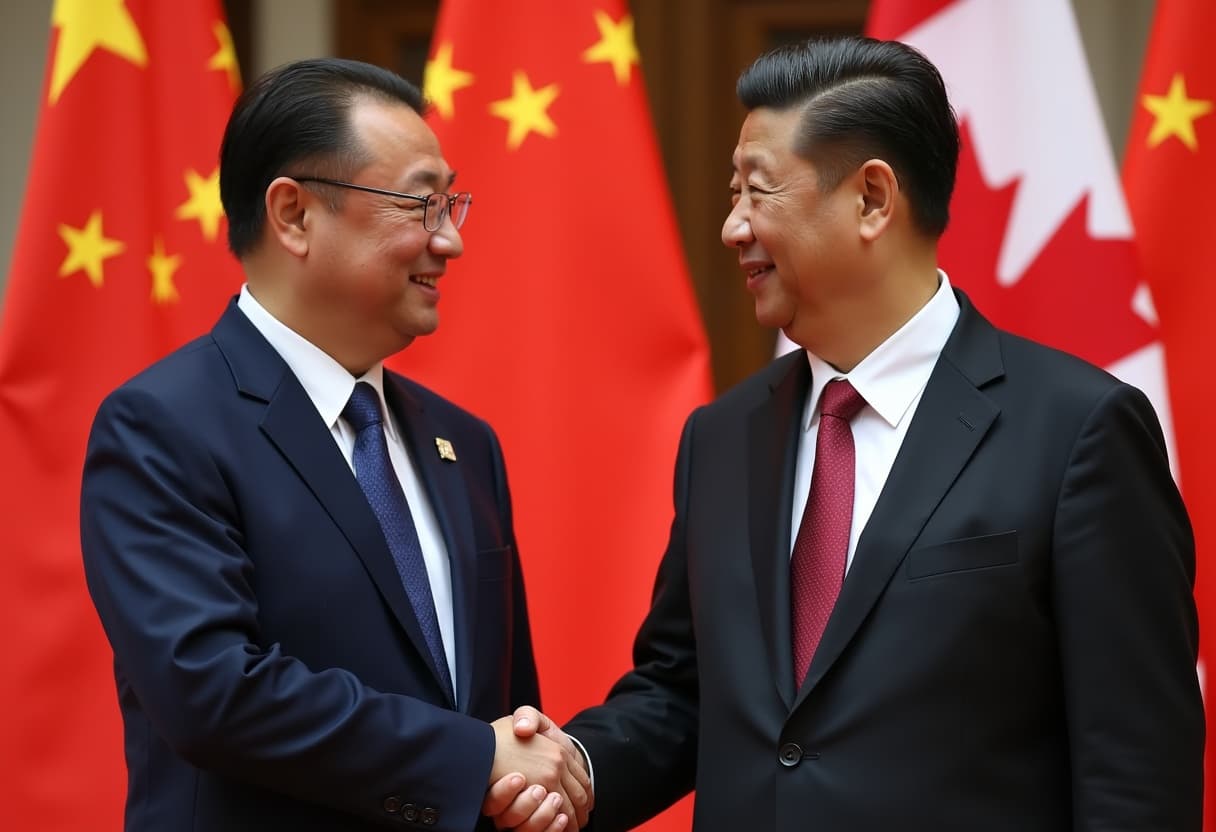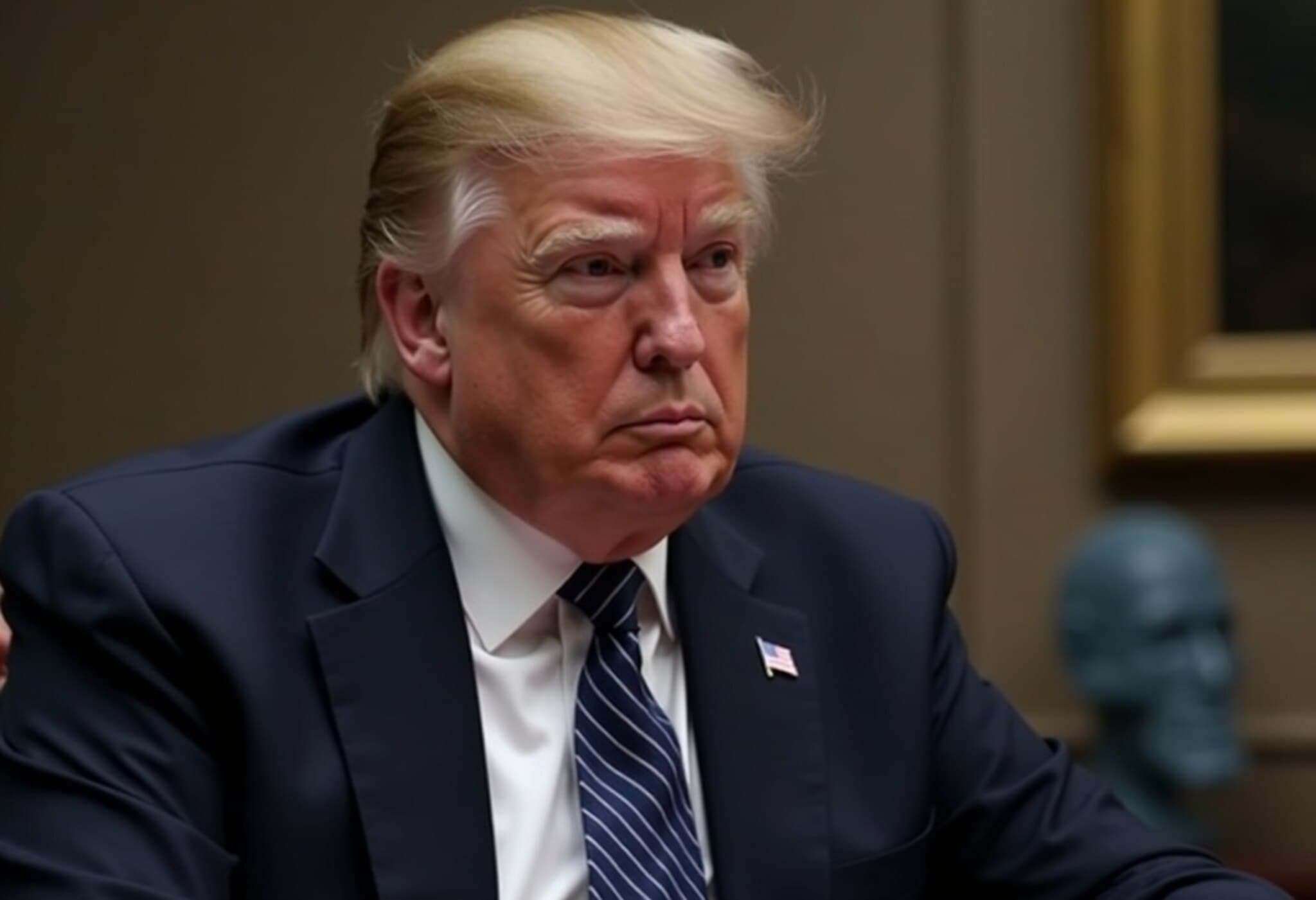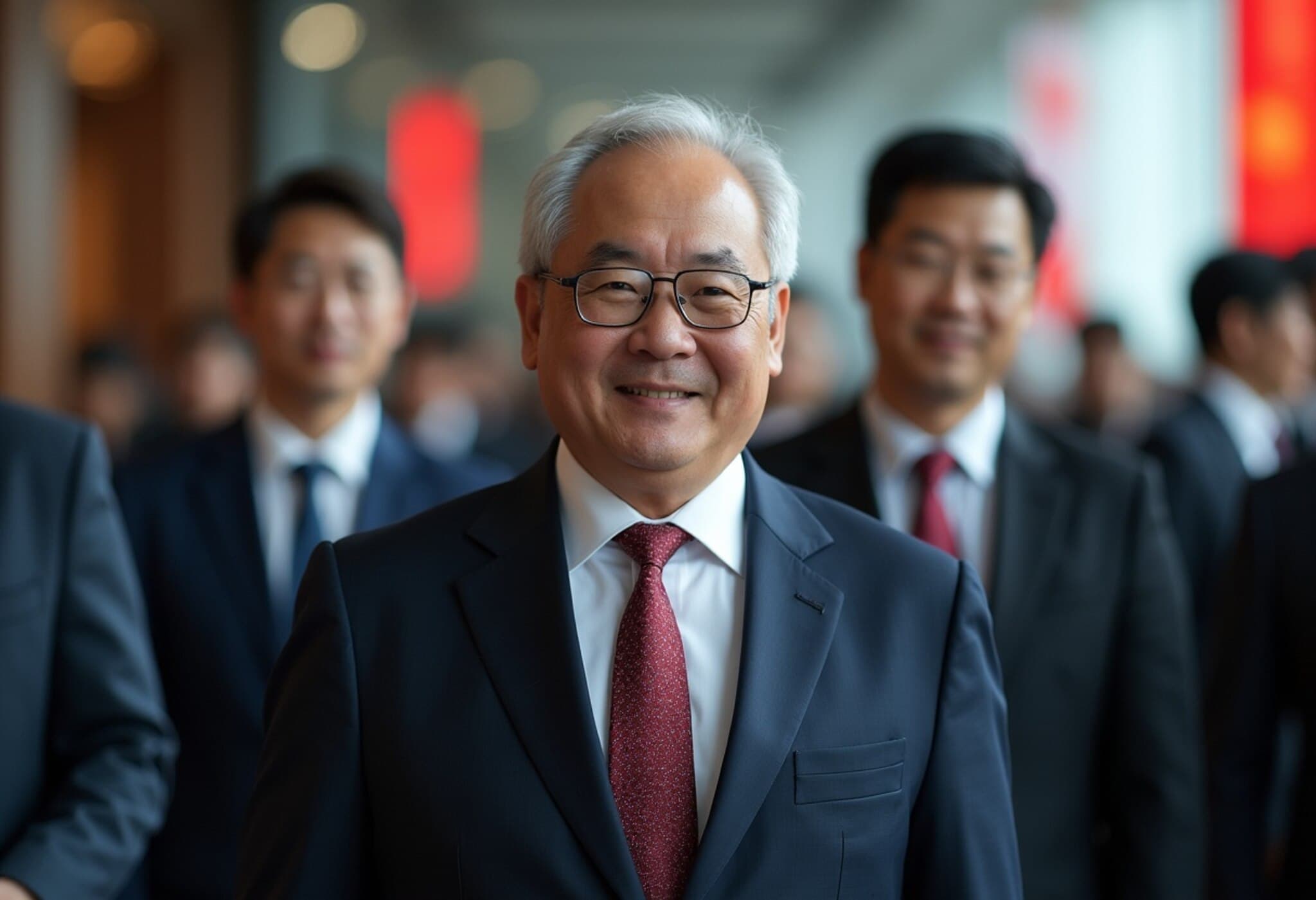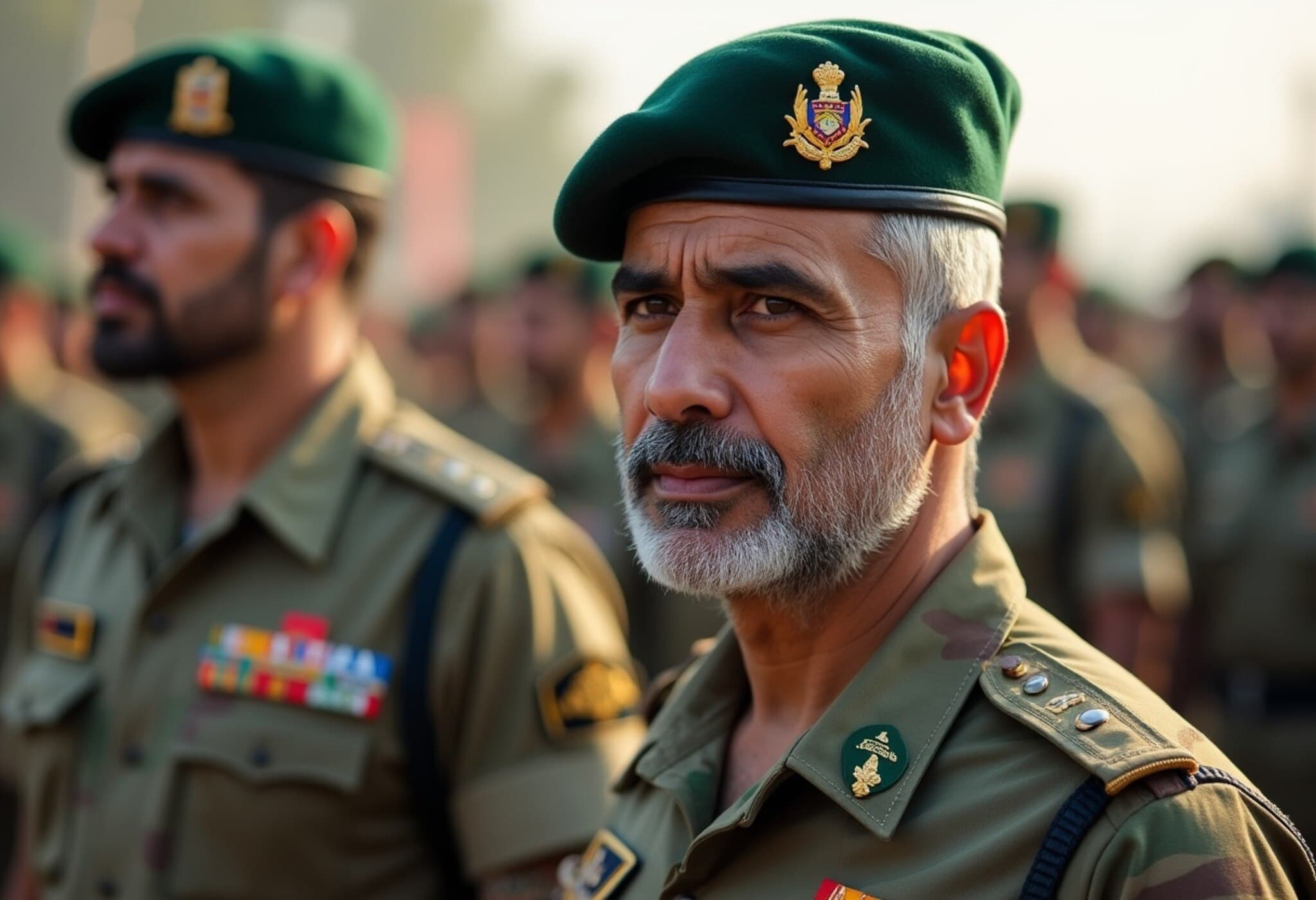China Refutes Allegations of Disinformation Against Rafale Jets
In a swift rebuttal, China has categorically denied claims that it orchestrated a covert campaign aimed at discrediting France’s Rafale fighter jets, which played a pivotal role in India's Operation Sindoor in May 2025. Characterizing the allegations as "pure groundless rumors and slander," China’s Ministry of National Defense emphasized its commitment to a "prudent and responsible approach" in defense exports, dismissing accusations as politically motivated attempts to tarnish its reputation.
Allegations of Diplomatic and Digital Manipulation
The controversy stems from reports citing unnamed intelligence officials alleging that Chinese embassies across Southeast Asia and Africa actively lobbied against Rafale procurement, coinciding with a surge of AI-generated content and manipulated videos questioning the jet's reliability. These campaigns purportedly aimed to erode confidence in the Rafale’s combat effectiveness, promoting Chinese alternatives such as the JF-17 and J-10C fighter aircraft instead.
Context: Rafale’s Strategic Role in India-Pakistan Conflict
India’s limited air strikes against terrorist infrastructures across the Line of Control saw the Rafale jet in a spotlight unlike before, showcasing advanced operational capabilities that underscored its strategic value to major defense buyers. French officials suggest that China perceives such high-profile deployments as a direct threat to its growing footprint in the global arms market, hence fueling a desire to undermine the Rafale’s standing.
Examining China’s Defense Export Philosophy and Global Image
Responding through the state-run Global Times, the Chinese Ministry stressed that the nation’s defense industry focuses primarily on securing its own national safety rather than competing aggressively for global arms sales. "China has always played a constructive role in regional and global peace and stability," the statement read, underscoring a vision of responsible military development rather than aggressive arms dealing.
The ministry also accused Western governments and media of projecting their insecurities by interpreting international defense competition through a confrontational lens, ultimately contributing to heightened geopolitical tensions.
Underreported Dimensions: Cyber Influence and Global Arms Race Dynamics
- Digital Information Warfare: This episode highlights how artificial intelligence tools and social media are increasingly weaponized to influence global perceptions in the competitive arms marketplace.
- Diplomatic Pressures: Allegations of embassy-level lobbying reveal the subtle ways in which states attempt to sway multilateral arms sales and national procurement decisions.
- Impact on Buyers like India: As one of the largest Rafale operators, India’s silence on the accusations hints at the complexities faced when confronting powerful geopolitical narratives that could influence defense partnerships.
What This Means for the Global Defense Landscape
This controversy serves as a reminder of the intensifying rivalry among leading arms exporters, where military technology is not just about hardware superiority but also about winning hearts, minds, and government contracts through diplomatic savvy and digital influence. With emerging powers like China asserting their place on the global stage and traditional suppliers like France defending their market share, the lines between defense, diplomacy, and disinformation are increasingly blurred.
Looking Ahead
While France has yet to file an official diplomatic protest, the incident has sparked wider debate on the ethical and strategic parameters of modern arms competition. The international community faces critical questions:
- How should nations guard against digital misinformation campaigns targeting defense procurements?
- What role should diplomatic norms play in ensuring fair competition in military exports?
- How might emerging technologies further complicate the geopolitical narrative surrounding arms sales?
As defense markets grow increasingly global and contested, these issues call for thoughtful international dialogue anchored in transparency and mutual respect.


